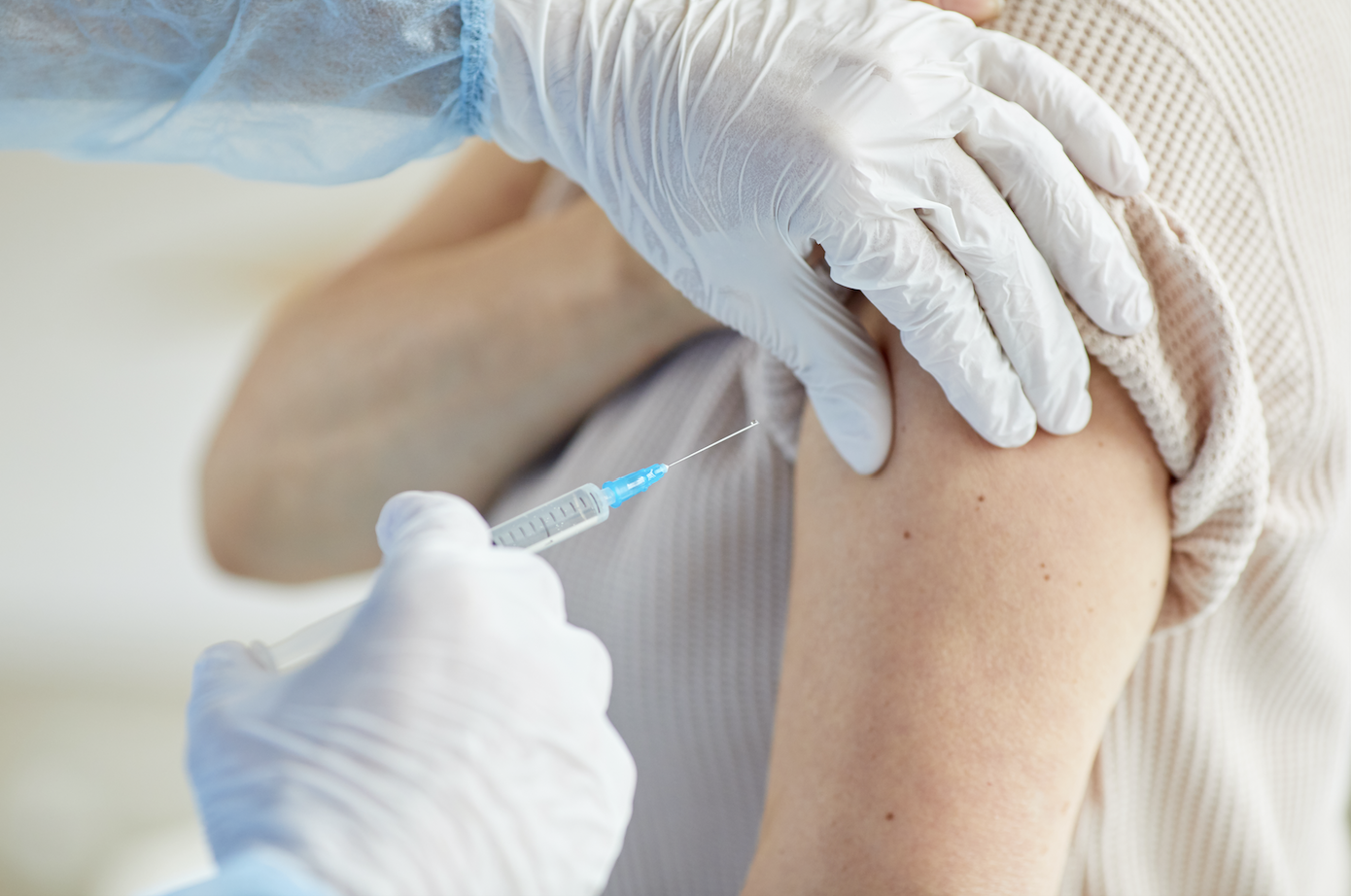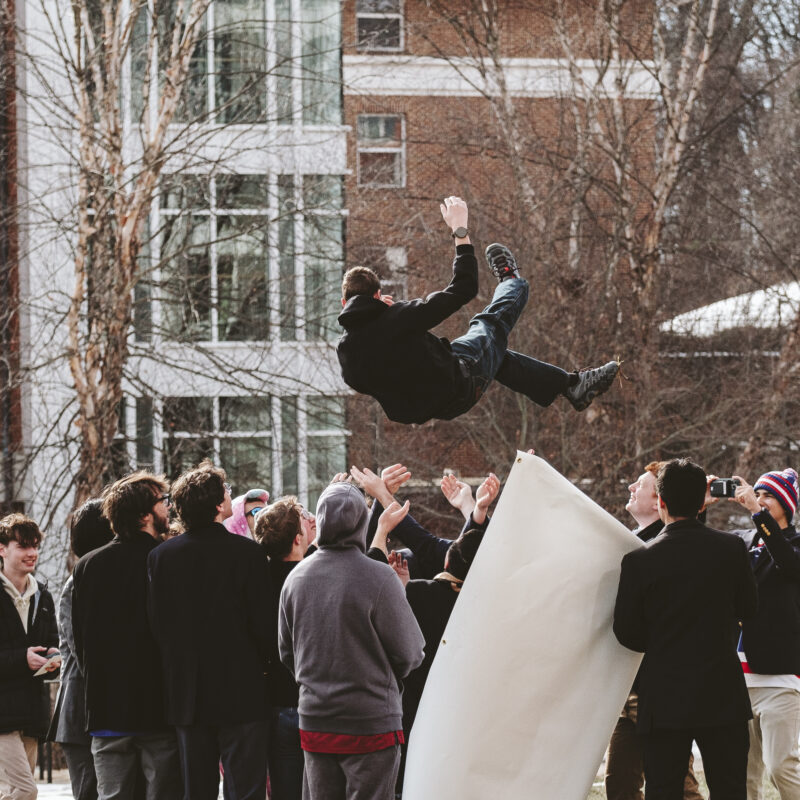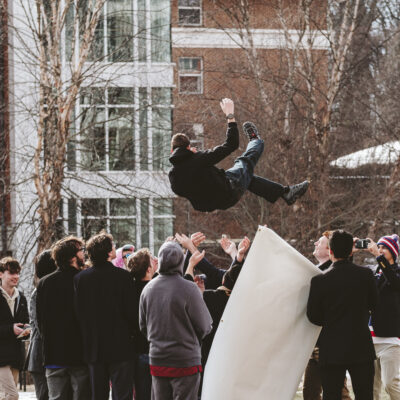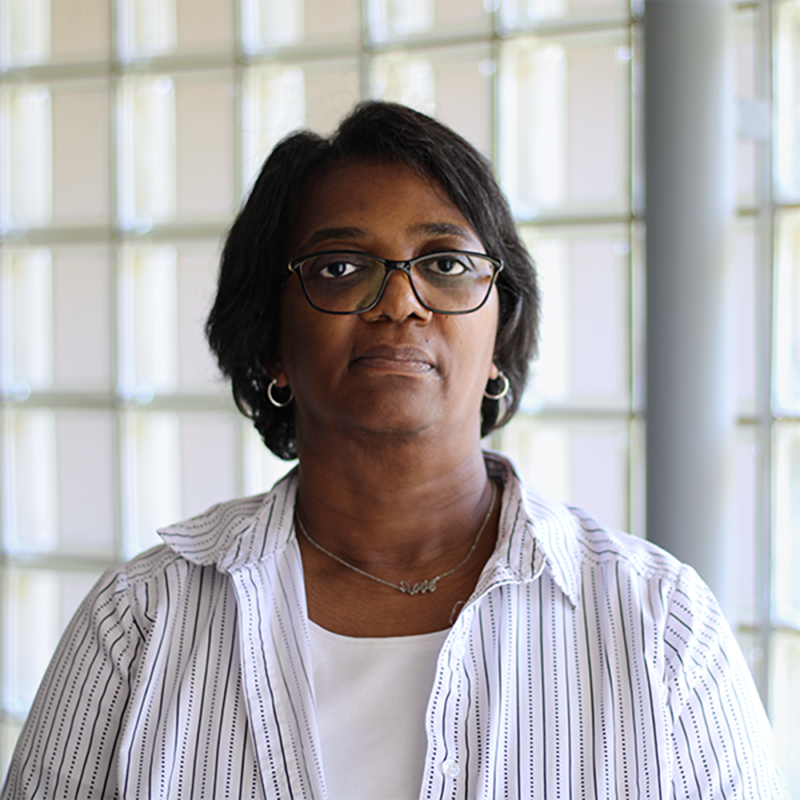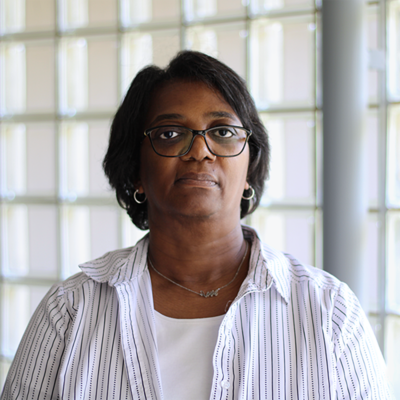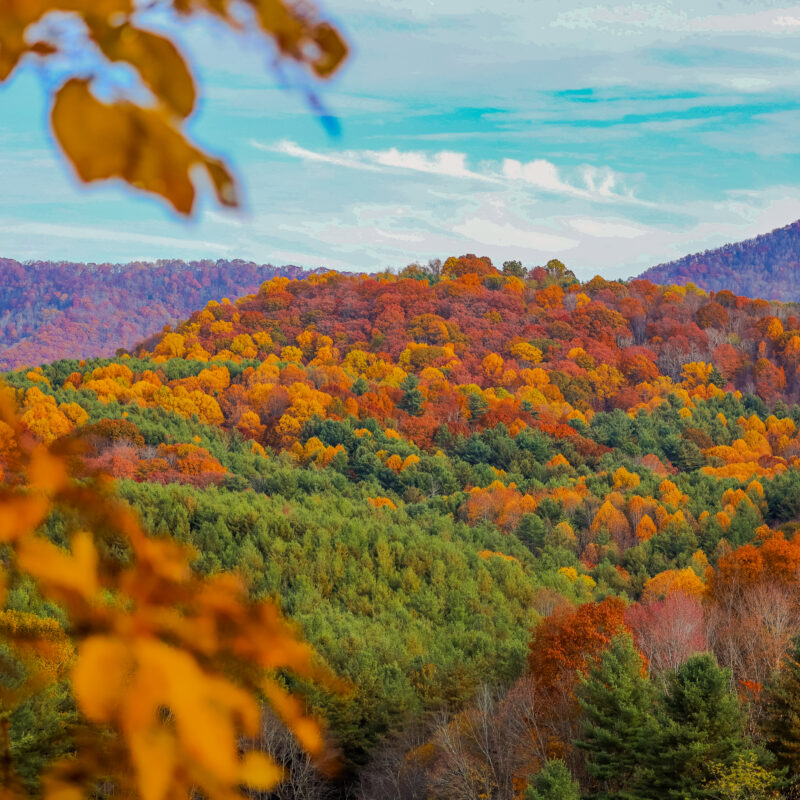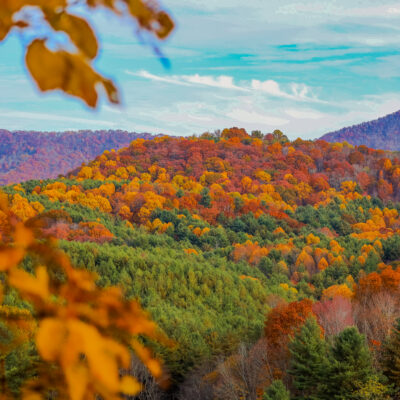After months of reporting on the local COVID-19 vaccine rollout, I finally received the email I had patiently been waiting for: I was eligible to get the shot. I scheduled my appointment and headed over to the vaccination clinic inside the former JCPenney at Fashion Square Mall the next day. The long Moderna line moved quickly enough, and I was out the door around two hours later, with a pink bandaid on my arm, a vaccine card in my hand, and a huge smile on my face.
For many in the Charlottesville area, the anxious wait for a vaccine will also soon be over.
On April 12, the Blue Ridge Health District moved into phase 2 of vaccine distribution, meaning all residents age 16 and older are now eligible to receive a free jab. Those who want one must pre-register with the Virginia Department of Health, and wait for an email or phone call from the Centers for Disease Control and Prevention inviting them to schedule an appointment. Vaccine appointments may also be available directly from local pharmacies.
“All vaccine appointments will remain by appointment only,” says health district spokesman Jason Elliott. “Maybe one day down the line we’ll have the option to expand to walk-ins, but that’s going to depend on a consistent supply [and] other factors.”
Because the Charlottesville area has a high population of health care workers and senior citizens, it took the health district much longer to move through the rollout’s initial phases than other parts of the state, Elliott says.
“One of the biggest challenges that we’ve had…is limited vaccine supply,” he says of the Moderna and Pfizer vaccines. “Even though we had staffing and people who wanted the vaccine, we didn’t necessarily have enough vaccines to make all of those moving parts come together.”
There have been other kinks in the complicated rollout process. Since vaccines became more widely available, area residents jockeyed for position in the virtual vaccine lines, traveling to other localities to seek shots. Recently, some mixed messaging from the state sent waves of central Virginia residents south to a Danville mass vaccination site, only for the state to halt walk-ins at the clinic a few days later.
In Charlottesville, vaccine seekers at the JCPenney site, and its predecessor in the old Kmart parking lot, have occasionally experienced long lines.
There have been small-scale technical difficulties, too. Last week the Blue Ridge Health District tweeted an apology for an email that erroneously told users their vaccine appointments had been canceled.
The Johnson & Johnson vaccine, which was temporarily halted on April 13 due to a rare type of blood clot, had significantly sped up the vaccine rollout. Before the pause, BRHD administered several thousand doses of that vaccine each week. Of the almost 7 million doses of the J&J vaccine given in the United States, six women, between the ages of 18 and 48, reported clotting symptoms six to 13 days after vaccination.
One of the things that we’re seeing is that some people who didn’t want [the vaccine] before, are deciding that they do want it now.”
Jason Elliott, Blue Ridge Health District spokesman
Per the Virginia Department of Health’s latest data, around 20,000 Charlottesville residents—almost half of the city’s population—have received at least one dose of the three vaccines, and around 10,000 are fully vaccinated. In Albemarle, nearly half of the county’s population—around 53,000 people—have also received one dose, and around 30,000 are fully vaccinated.
Across Virginia, about 3,100,000 residents—36 percent of the state population—have received at least one dose, and about 1,800,000—21 percent of the population—are fully vaccinated. On average, nearly 75,000 vaccine doses are administered each day. The commonwealth currently ranks 13th out of 50 states in percent of residents who have received at least one shot, according to The New York Times.
In addition to administering vaccines at its Seminole Square and Fashion Square Mall sites, BRHD will continue to host at least one vaccine clinic in every locality within its jurisdiction per month, in an effort to reach residents living in rural areas.
To get the vaccine out to Black and Latinx communities, the health district has partnered with an array of community organizations to host clinics in neighborhoods, apartment complexes, churches, and other easily accessible locations. It’s also hired Spanish speakers to staff its COVID-19 hotline.
It currently remains unclear how long it will take to vaccinate every adult in the health district and the state.
“One of the things that we’re seeing is that some people who didn’t want [the vaccine] before, are deciding that they do want it now,” Elliott says.
The CDC reports the current vaccine options are highly effective at preventing people from contracting the virus and developing severe symptoms, and may keep them from spreading the virus to others. The vaccine also offers protection against several super-infectious variant strains.
Per the CDC’s recommendations, it is safe for fully vaccinated people to socialize without a mask with other fully vaccinated people in a private setting. They may also travel domestically and internationally without a pre- or post-travel test (depending on the international destination), and without quarantining after travel.
However, fully vaccinated people should still wear a mask in public and around high-risk people, practice social distancing, wash their hands regularly, and avoid attending large gatherings, says the CDC.
“It’s really important, while we’re all becoming vaccinated, to remember not everyone around us is and that we’re still in this,” says Elliot.
To preregister for the vaccine, visit vaccinate.virginia.gov or call (877)VAX-IN-VA.
